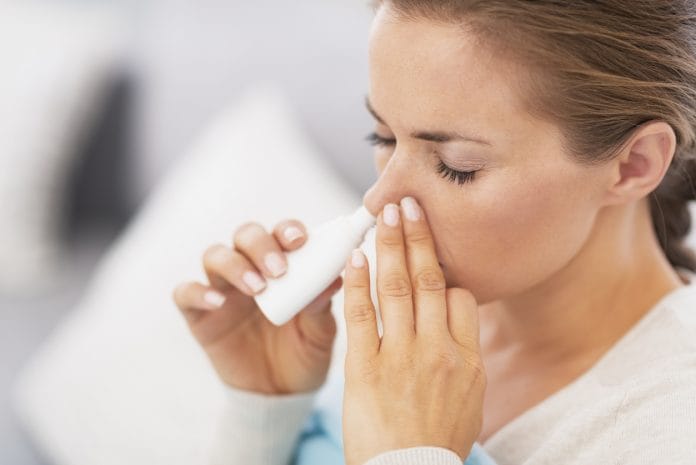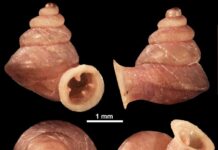THE University of California at San Francisco successfully developed a nasal spray with one of the most potent SARS-CoV-2 antivirals yet discovered. Known as AeroNabs, it is promising protection against the COVID-19 virus until a vaccine becomes available. The performance of the antiviral is published in bioRxiv.
The inventors describe AeroNabs as a molecular form of personal protective equipment (PPE), which is far more effective than wearable forms of PPE such as masks and suits. The team of developers is composed of experts from the fields of biochemistry, cell biology, virology, and structural biology. The development of AeroNabs is inspired by nanobodies or the antibody-like immune proteins that are naturally present in llamas, camels, and related animals. According to the researchers, nanobodies are similar to antibodies in the human immune system but are smaller and has unique characteristics making them effective therapeutics against SARS-CoV-2. For instance, the small size of nanobodies makes it easier to manipulate and modify in the laboratory. The small size also makes them more stable than other antibodies in the mammalian immune system. Nanobodies can be easily mass-produced using inexpensive methods such as inserting the genes that carry the molecular blueprints to build nanobodies into microbes, then the microbes will serve as high-output nanobody factories. This technique has been successfully employed in the production of insulin for decades.
The inventors are in discussions with commercial partners to proceed with manufacturing and clinical testing of AeroNabs.

















